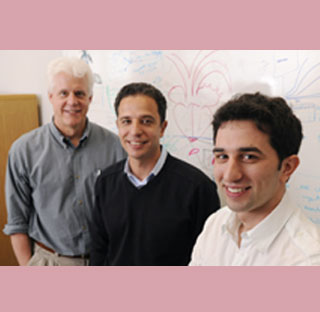
At the time of the research on mice, experts observed that a portion of the heart removed during the first week after birth grew back completely and correctly. The heart of newborn mammals can possibly fix itself. This can help in tackling a wide variety of heart diseases among humans. However, the challenge now is to find appropriate means of enabling the adult heart to fix itself. Within three weeks of removing 15 percent of the newborn mouse heart, the organ was supposedly able to completely grow back the lost tissue.
As a result, the heart looked and functioned just like a normal one. It is predicted that uninjured beating heart cells called cardiomyocytes are a major source of new cells. These cells may stop beating to divide and provide the heart with fresh cardiomyocytes. Dr. Hesham Sadek, assistant professor of internal medicine and senior investigator and colleagues will be conducting further investigations to analyze the capability of the heart to regenerate.
The research is published online in the February 25 issue of Science.
